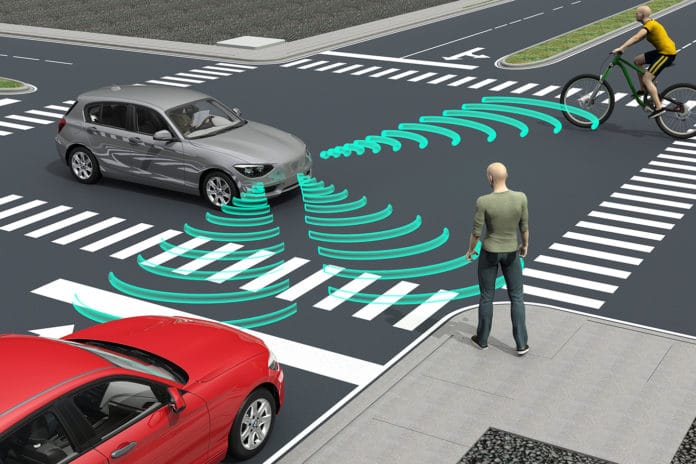While the autonomous car industry continues to grow, one unfortunate hurdle in its journey is the number of accidents. This shows that the technology that cars use to spot pedestrians and other obstacles and avoid collisions still has a long way to go. It’s a problem that has puzzled experts for a long time.
Self-driving cars can carry a specific task more precisely as long as nothing in their path changes. Just like humans, these driverless cars need to learn the world around them and make better plans and decisions.
A scientist at Washington University in St. Louis, Brendan Juba, is working to develop ways that a planning agent can help autonomous vehicles, robots, or other devices that use machine learning and improve their understanding of the world. The agent will either provide a guarantee that the operation is safe or warn that security cannot be guaranteed.
For this project, the computer scientist has collaborated with Roni Stern, a faculty member in the Department of Software and Information Systems Engineering at Ben-Gurion University in Israel.
“With autonomous vehicles or robots, the setting that they are facing is always changing, and it’s changing as a result of their behavior,” said Juba. While explaining further about the project, he said the main focus will be on learning these kinds of settings in which there is a dynamic environment the robot or autonomous vehicle is operating.
“The point is to have the learning part and the part of deciding what to do or what actions to take to work together so that the decisions about what actions to take or what behaviors to have are conservative,” he added.
In such cases, it would be preferable for the robot or autonomous vehicle to determine that it doesn’t know what would happen as a result of its behavior rather than make a decision that could turn out to be the wrong one.
“We want to be able to quantify how confident we are that things are going to work in contexts where there is no guaranteed safe path forward, but it can limit the number of unsafe steps to take,” Juba said.
By working with robot simulators, Juba will study how a planning agent can improve its model of the world. And his team then developed automated planning algorithms based on the learned models to produce plans with the desired guarantees.
